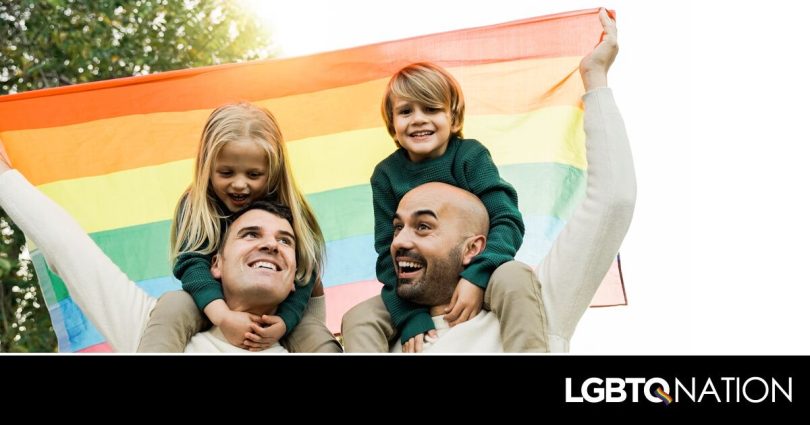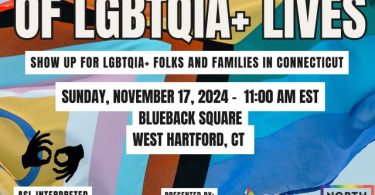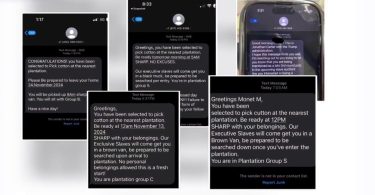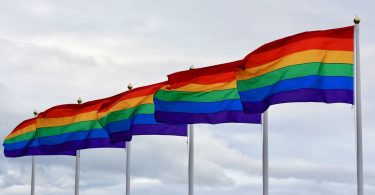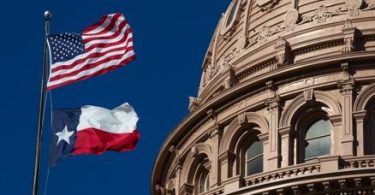After years of pushing by queer activists, the U.S. Census Bureau will finally try including questions about sexual orientation and gender identity for its American Community Survey (ACS) this year.
Currently the ACS, the bureau’s largest survey, only includes questions about same-sex couples who are married or living together. As the Associated Press notes, that only accounts for an estimated one-sixth of the country’s LGBTQ+ population, leaving out transgender people and those who are single or who do not live with their partners.
In September, the Census Bureau requested permission from the administration of President Joe Biden to begin including questions about sexual orientation and gender identity for people ages 15 and older. In a notice published in the Federal Register, the bureau explained that such questions would help determine equal employment and civil rights enforcement.
Stay connected to your community
Connect with the issues and events that impact your community at home and beyond by subscribing to our daily newsletter.
“We can learn about health, economic, housing and other outcomes that might be worse for LGBT people because of the stigma and discrimination that they face, and we can track changes over time to see if laws and policies are leading to more equality,” economics professor M. V. Lee Badgett, told the Associated Press in September.
“We anticipate having much more info about the LGBT people than is currently available — including about the demographic and socioeconomic status of LGBT people who aren’t in same-sex couple households, including occupational status, industry and wages, and about LGBT people who were born outside the U.S. and LGBT people with disabilities, and their families,” Williams Institute research director Kerith Conron said of the proposed questions.
This year, the bureau will send the proposed questions to 480,000 households. One question will ask all respondents to identify the sex they were assigned at birth. Another question related to gender will ask people 15 and older to identify their current gender, with male, female, transgender, nonbinary, and “this person uses a different term” as possible answers. A space will be included for people who choose the last option to write in the term that best describes their gender.
Respondents will also be asked to identify their sexual orientation, with the following potential answers: “Gay or lesbian; Straight — that is not gay or lesbian; Bisexual; and This person uses a different term,” again with a space for people who chose the last option to write in their answer.
Respondents will have the option to answer the questions online, by mail, over the phone, or in in-person interviews, the AP reported.
In November, Sen. Marco Rubio (R-FL) and Sen. J.D. Vance (R-OH) wrote a letter to Census Bureau Director Robert Santos opposing questions about gender identity. In public comments, the Rutherford Institute, a conservative group, also opposed the new questions, saying they would violate people’s right to privacy.
According to the AP, public comments on the proposed questions have been largely supportive.
Gary Gates, a retired demographer who studied LGBTQ+ issues at UCLA, said that “The currently too-limited data resources stand in stark contrast to the numerous policy debates and legislative efforts focused on these populations.”
One point of criticism however has to do with the fact that respondents to the ACS usually answer questions for other members of their household, leading some to worry that parents may not be aware that their children identify as LGBTQ+. Others took issue with the fact that intersex, asexual, and pansexual are not included as options in the questions.

